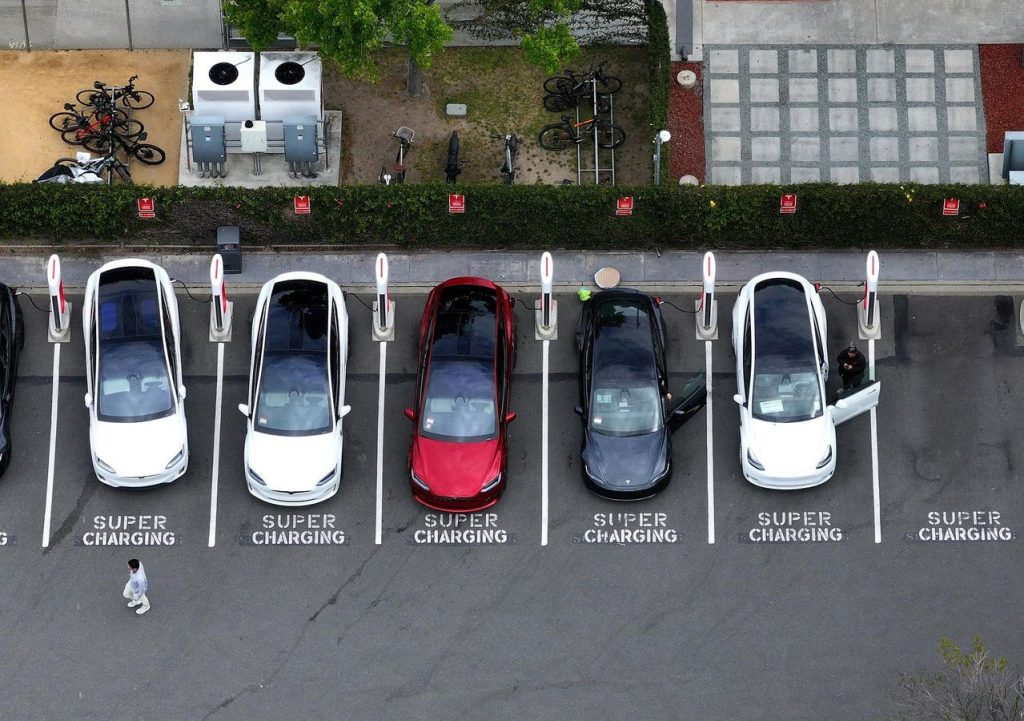Electric vehicle (EV) pioneer Tesla is facing a series of challenges that are calling into question its position in the industry. The company’s Full Self-Driving (FSD) technology is coming under scrutiny for its limitations and safety concerns, leading to investigations by the National Highway Traffic Safety Administration (NHTSA). Additionally, internal issues such as layoffs, gigafactory delays, and price pressure from Chinese competitors like BYD are causing further strain on the company.
CEO Elon Musk’s promises of a fully operational FSD have not materialized, raising doubts about the technology’s readiness. The recent agreement with Chinese company Baidu to use FSD with limitations highlights the challenges facing Tesla in the autonomous driving space. These issues are raising concerns about the company’s long-term viability and competitiveness in the market.
Tesla’s internal struggles, such as layoffs and production delays, are compounding the challenges it faces externally. Legacy automakers in the US and Europe are also grappling with transitioning to EVs and facing supply chain issues, allowing Chinese manufacturers like BYD to gain global traction at a rapid pace. The competition is heating up, and Tesla finds itself in the midst of a price war with these aggressive Chinese competitors.
Chinese EV manufacturers are leveraging government incentives and a robust domestic supply chain to ramp up production and aggressively enter the US market. The acquisition of Volvo by Geely is a prime example of this strategy, with Volvo’s electric cars set to be some of the most affordable EVs in the US. This price pressure adds another layer of complexity for Tesla and other incumbents in the industry.
Tesla’s ambitions extend beyond automobiles, with investments in robotics, energy storage, and AI positioning the company as a tech leader in clean energy solutions and automation. However, the core challenge remains balancing high quality, safety, and affordability across a wide product range. This balancing act is crucial for Tesla to maintain its competitive edge in the rapidly evolving EV landscape.
Despite the challenges Tesla is facing, there is immense opportunity in the global EV market. Mass adoption is on the rise in many markets, driven by government incentives and low operating costs. To succeed in this evolving landscape, Tesla must prioritize safety, optimize production, and weather the competitive storm. Collaboration between OEMs, governments, energy companies, and cities will be crucial in accelerating the electric vehicle revolution and creating a sustainable future for all.


